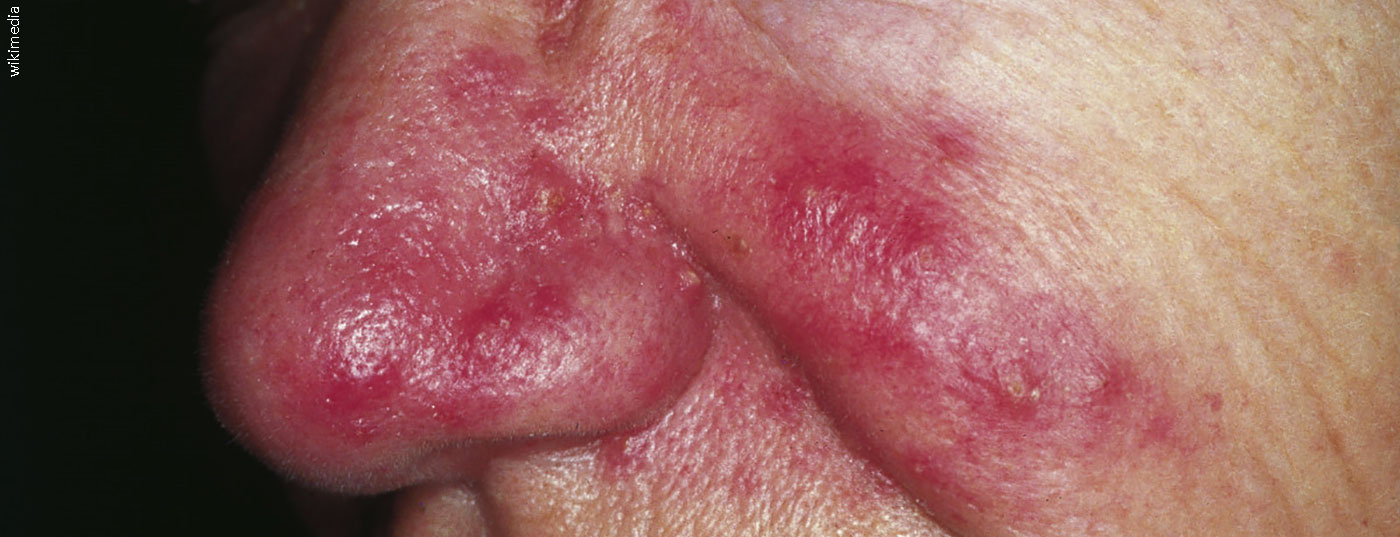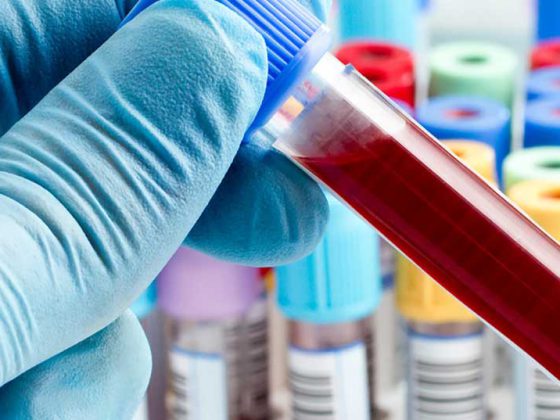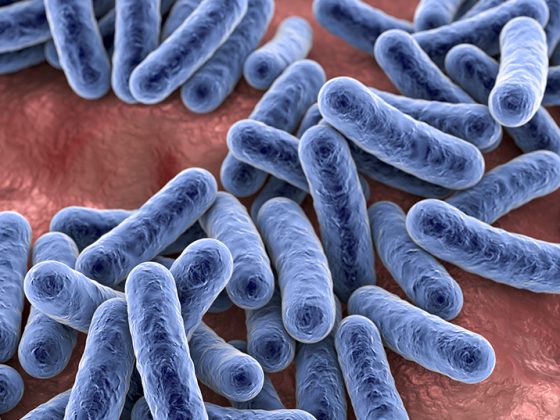Rosacea is perceived as bothersome by patients and can lead to stigmatization. The newly published S2k guideline explains the symptom-oriented classification according to phenotypes, explains how rosacea is differentiated from other dermatoses, such as acne, and what treatment options are available. One focus of the guideline is ocular rosacea and psychosocial aspects of the disease.
Rosacea is a chronic inflammatory non-contagious skin disease that usually occurs in middle age and is characterized by persistent erythema or flushing and telangiectasia. Papules, pustules and nodular skin thickening may be added. Predilection sites are forehead, nose, chin and cheeks. Less commonly, rosacea manifestations are found in the scalp, neck, or chest areas. While the symptoms can be well controlled therapeutically in the beginning, the relapses become more severe over time in some patients. The eye area can also be affected. “Rosacea is a complex dermatosis whose previous classification by subtype is obsolete,” emphasizes guideline coordinator Dr. med. rer. biol. hum. Benjamin Clanner-Engelshofen [1]. The new S2k guideline recommends a symptom-oriented classification according to phenotypes [2]. “This is the basis for individualized diagnostics and therapy,” said Dr. Dr. Clanner-Engelshofen, a dermatologist at the Clinic and Polyclinic for Dermatology and Allergology at LMU Munich [1]. The guideline presents the many special forms of rosacea as well as numerous differential diagnoses, including diagnostic options for differentiation. The S2k guideline prepared under the auspices of the German Dermatological Society (DDG) now contains a separate chapter on ocular involvement in rosacea [2].
About half of rosacea patients have eye involvement
The guideline authors discuss in detail all treatment options taking into account the current study situation: topical therapy, systemic therapy, combination treatment, alternative therapies (PDT, laser, IPL, surgery), therapy of special forms, treatment of ocular rosacea as well as dermocosmetic measures. “Ocular rosacea affects 50 percent of patients. Here, the guideline provides concrete advice on drug therapy, but also – directed at those affected – tips for good eyelid margin hygiene,” says Dr. Dr. Clanner-Engelshofen (Tab. 1) [1].
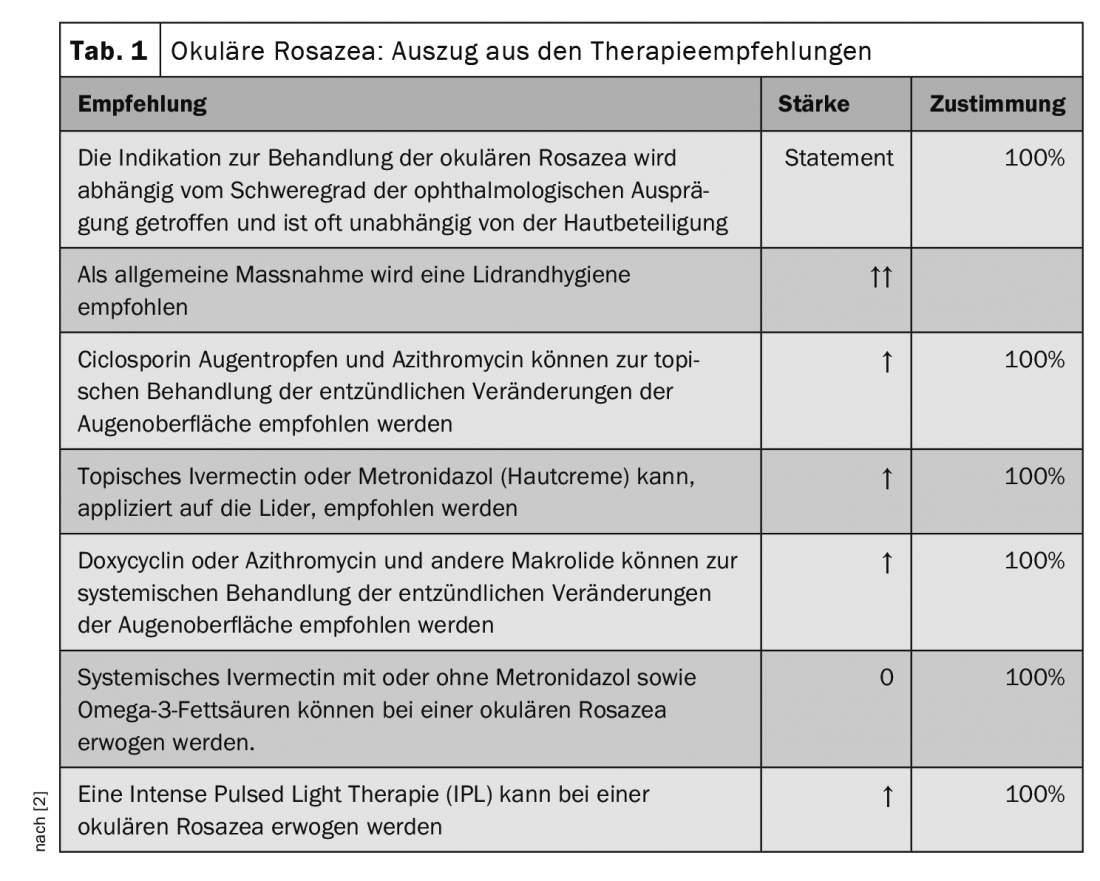
Dealing with stigmatization is addressed
In addition to the German Ophthalmological Society and the Society for Dermopharmacy, the Deutsche Rosazea Hilfe e.V. was also involved in the preparation of the S2k guideline of the DDG. “The inclusion of patient organizations in the guideline work is important and is also reflected in the fact that we have included a separate chapter on psychosocial aspects, which have received less attention to date,” explains Dr. Clanner-Engelshofen [1]. The skin symptoms associated with rosacea can lead to stigmatization, cause anxiety and depression, and thus affect quality of life.
Guideline addresses interdisciplinary target audience
A separate chapter is devoted to the topic of dermocosmetics. Here patients learn how they can help their skin dermocosmetically themselves. The skin should be gently cleansed, for example with lukewarm water and ph-neutral washing substances. “Anything that irritates the skin, such as vigorous rubbing, exfoliation, and circulation-enhancing substances, should be avoided,” emphasizes Dr. Clanner-Engelshofen [1]. Cosmetics with active ingredients to improve the symptoms and the daily use of a broad spectrum sunscreen are still recommended.
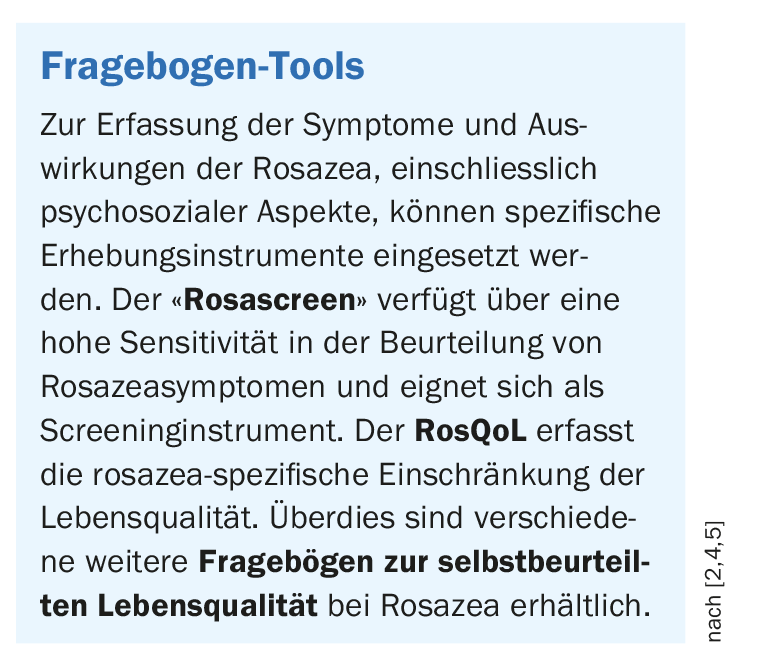
The new S2k guideline is not only aimed at dermatologists, but contains many important recommendations for physicians in related fields, but also for rosacea sufferers. “We would be pleased if this guideline would be noticed especially in general medicine and ophthalmology”, summarizes Prof. Michael Hertl, MD, President of the German Dermatological Society (DDG) [1].
To complement the rosacea guideline, a guideline implementation guide in the form of a short presentation has been published under the auspices of the Commission for Quality Assurance in Dermatology [3].
Congress: German Dermatological Society
Literature:
- “Rosacea: New S2k guideline directs attention to eye involvement, psychosocial aspects, and dermocosmetics,” German Dermatological Society, Mar. 17, 2022.
- S2k guideline: “Rosacea”, 2022, AWMF register number 013-065.
- DDG/BVDD: Brief presentation (guideline implementation guide), S2k guideline “Rosacea”, AWMF registry no. 013-065.
- Tan J, et al: Prevalence of rosacea in the general population of Germany and Russia – The RISE study. J Eur Acad Dermatol Venereol 2016; 30(3): 428-434.
- Deng Y, et al. The Rosacea-specific Quality-of-Life instrument (RosQol): Revision and validation among Chinese patients. PLoS One 2018; 13(2):e0192487.
DERMATOLOGIE PRAXIS 2022; 32(2): 34-35

